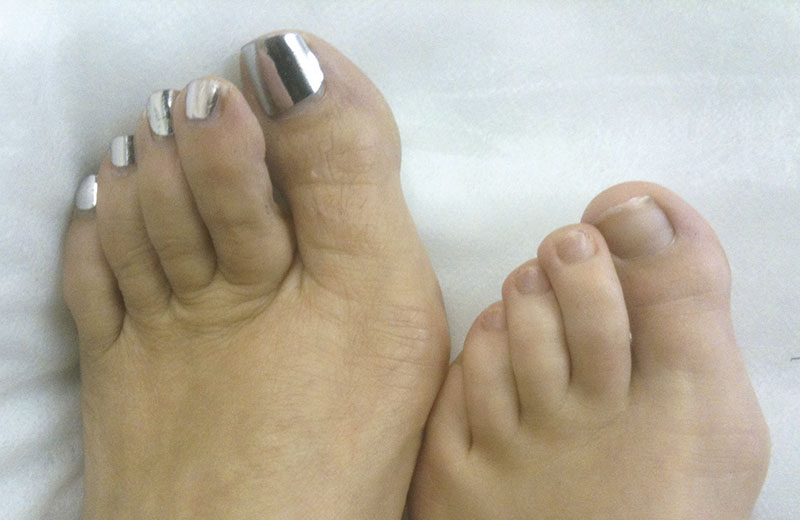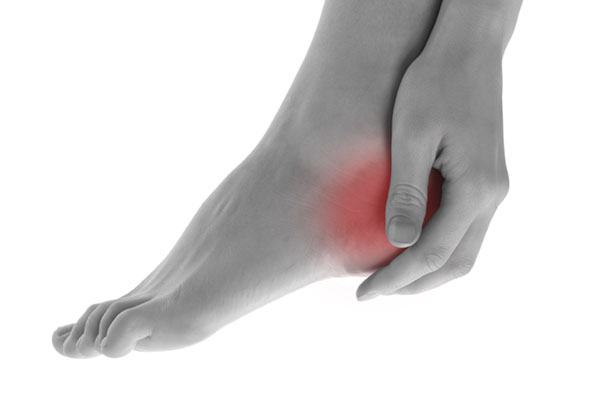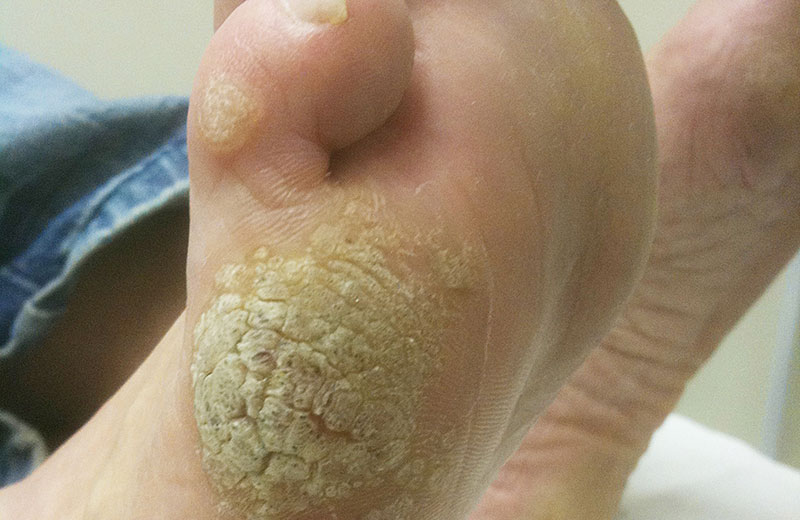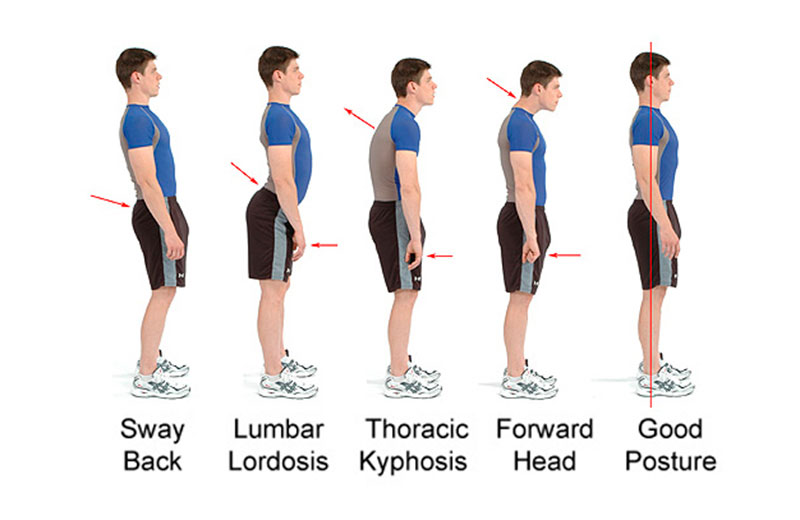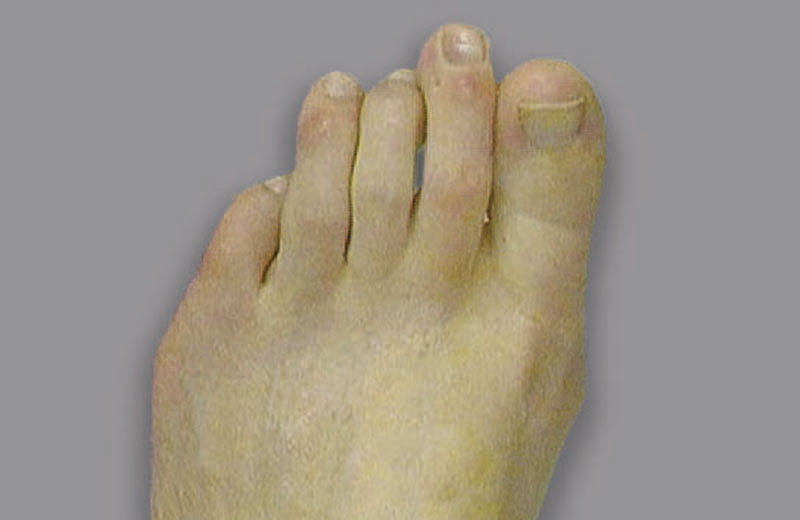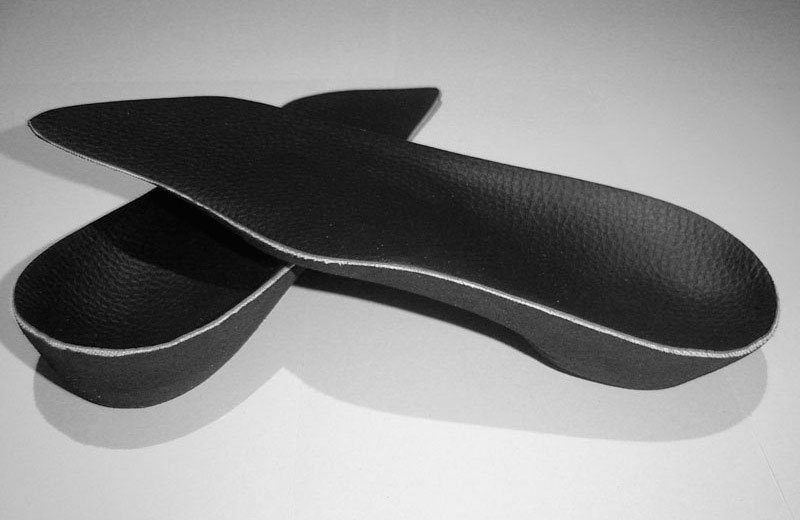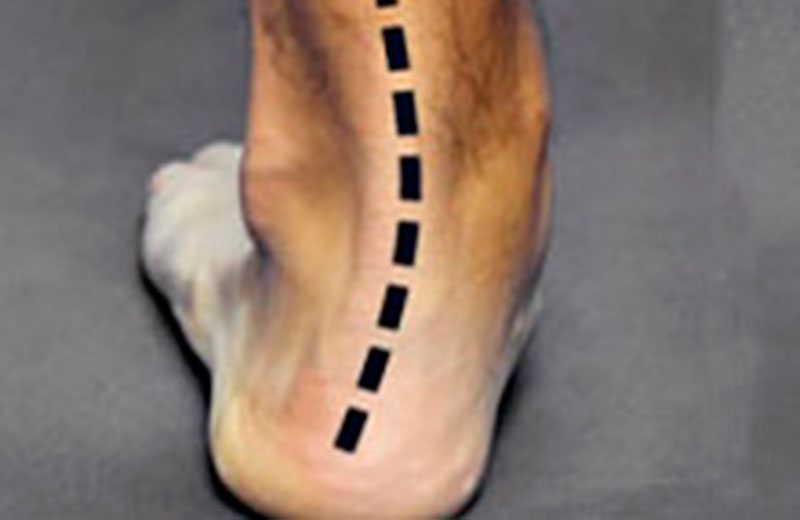Yorkshire foot Hospital and what types of foot surgery we do.
By Hannah | September 20th, 2022 | Foot surgery
When to have foot surgery?
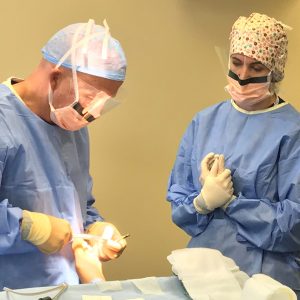
We would only recommend foot surgery if the foot is not responding to any other non-surgical treatments. The two main reasons for surgery are:-
Pain Management – Foot surgery is sometimes the only method to relieve long-term pain and restore function to the foot and ankle.
Cosmetic Foot Surgery – In some cases, a foot deformity can cause embarrassment and foot surgery can improve the function of your feet and give them an enhanced look. We see many conditions such as webbed toes and toe length issues. These deformities are also usually uncomfortable, causing shoe-fitting problems and psychological stress and low self-esteem for patients.
Most common types of foot surgery
Bunion surgery – Also known as metatarsal surgery. This is a painful swelling on the first joint of the big toe (metatarsophalangeal joint). This could be caused by an injury, arthritis or it can be hereditary. A bunion can be on the big toe (Hallux valgus) or they can also appear on the little toe known as a bunionette.
Toe Shortening – This is a condition also known as Morton’s toe, named after the surgeon Dudley Morton. This is where the second toe is longer than the big toe.
Morton’s toe is hereditary and can cause calluses and discomfort at the base of the first two metatarsal bones near your arch, and at the head of the second metatarsal near your second toe.
If all other non-surgical treatments have been tried and tested then we can perform surgery where a small portion of one of the toe joints is removed. The technical term for this is interphalangeal joint arthroplasty.
Toe Lengthening – Known as Brachymetatarsia, this is a condition in which one of the metatarsal bones is congenitally shorter. Commonly it is the fourth toe that is too short and can overlap the third or fifth toe. Surgery can relieve pain, but also patients tend to feel embarrassed, especially when wearing open-toed sandals and are looking for an improved cosmetic appearance.
Arthritis – Osteoarthritis is the medical term given for the most common type of joint arthritis. With arthritis on the feet, there are a few different procedures we can offer. We aim to increase the range of movement within the toes as well as reduce pain caused by the joint. An operation on the toe is very common with arthritis.
Morton’s Neuroma – What is neuroma? It is a thickened and swollen section of nerve, usually forming between the 2nd/3rd and 3rd/4th toes, which has been described as having a pebble under the foot. The surgeon will decompress the nerve or remove the inflamed nerve altogether, thereby relieving the debilitating, burning pain. Surgery to remove your neuroma is performed under local anaesthetic as an Outpatient procedure which takes around 20 – 30 minutes.
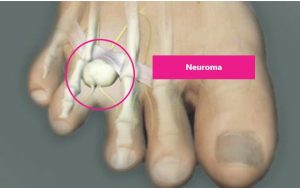
Frequently Asked Questions.
What does toe surgery cost in the UK? At the Yorkshire foot hospital, we will always provide a consultation with our surgeons before any surgery takes place, during the consultation the surgeons can examine the foot, and take X-rays if required and you will receive a bespoke quote which includes aftercare and follow-up appointments.
What is the recovery time for foot surgery? At Yorkshire Foot Hospital, you will be an outpatient, meaning you will be able to leave the same day the surgery has taken place. In most cases, you will NOT require walking casts.
Patients are usually back in a pair of trainers within 2 weeks after surgery and can usually return to work, sports and other leisure activities 6 weeks following their Surgery.
If you require any more information or are interested in one of these services, please get in touch here or call 0113 2900 310

